?
Chakras have been gaining more and more popularity in the past few decades, especially in the western world. These centers of energy, which are believed to exist within our bodies, are often associated with various practices such as yoga, meditation, and spiritual healing. But there is much debate about their origin and whether or not they are exclusively tied to Hinduism.
Origins of Chakras
The concept of chakras dates back to ancient India, around the time of the Vedic period. The Sanskrit word “chakra” translates to “wheel” or “circle”, which refers to the spinning energy centers that are believed to regulate physical, emotional, and spiritual functions of the body.
The earliest mention of chakras can be found in the Hindu scripture, Rigveda, which is believed to be written around 1,500 BC. It describes chakras as energy centers that exist within the human body, with each chakra being associated with specific emotions, sensations, and elements.
Hinduism and Chakras
Given the origins of chakras in ancient India, it is no surprise that they have strong ties to Hinduism. In Hinduism, chakras are an essential aspect of the spiritual body and are considered to be a vital part of the spiritual journey towards enlightenment or ”moksha”. They are also closely associated with the practice of yoga, which aims to balance and activate the chakras in the body through physical postures, breathing techniques, and meditation.
In Hinduism, there are seven main chakras, starting from the base of the spine to the crown of the head. Each chakra is associated with a specific deity, mantra, color, and element. For example, the root chakra is linked to the god Brahma, the mantra “lam”, the color red, and the element earth. Similarly, the crown chakra is associated with the god Shiva, the mantra “om”, the color violet, and the element thought.
Chakras and Other Practices
Despite its strong connection to Hinduism, the concept of chakras has also been adopted by other religions, cultures, and practices. For instance, in Buddhism, chakras are referred to as ”energy wheels” and play a significant role in the practice of Tibetan Buddhism.
The belief in chakras is also prevalent in various New Age and alternative medicine practices such as Reiki, acupuncture, and crystal healing. These practices often incorporate chakra balancing and cleansing as a way to improve physical, emotional, and spiritual well-being.
The Bottom Line
So, are chakras exclusively Hindu? The answer is not so black and white. While chakras have deep roots in Hinduism and play a crucial role in the religion, they have also been embraced by other cultures and practices. Ultimately, the belief in chakras is a personal and spiritual journey that goes beyond any religious boundaries. Whether you are Hindu or not, the concept of chakras can bring a deeper understanding and connection to the mind, body, and soul.
In conclusion, chakras may have originated from Hinduism, but they have spread far and wide, becoming a universal concept that transcends religious, cultural, and spiritual boundaries. So, the next time someone asks, “Are chakras Hindu?”, you can confidently say that while their origins may be tied to Hinduism, they are much more than just a religious concept.
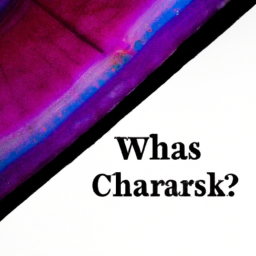
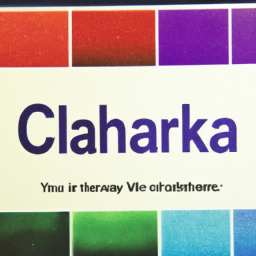
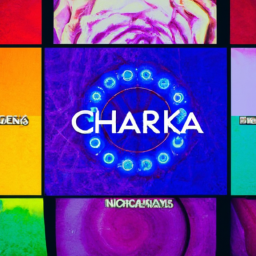
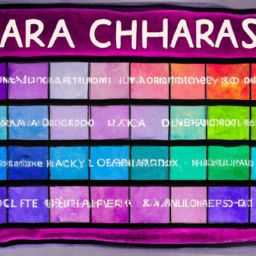
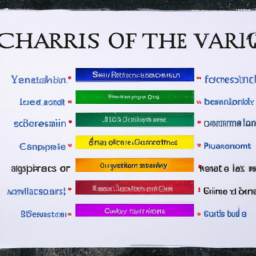
Absolutely! Chakra are a part of ancient Hindu tradition and spiritual beliefs. #Hinduism
ChrisMorgan: Can anyone explain Chakras to me? #hinduism
SharonLarson: Chakras are energy centers throughout the body used to balance our physical, mental and spiritual health. #Hinduism #Chakras
The seven chakras are each linked to different parts of the body, different emotions and different colors. #Hinduism #Chakras